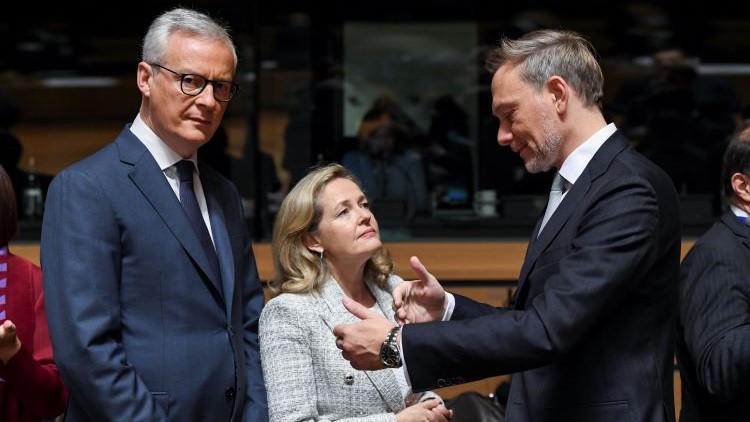Eduardo González
The acting Minister of Foreign Affairs, José Manuel Albares, yesterday presented the new Feminist Foreign Policy Action Plan for the period 2023-2024, an “indispensable axis” of Spanish foreign action in the current context of “serious decline in the rights of women and girls” in countries from Afghanistan to Iran.
The Feminist Foreign Policy constitutes an “indispensable axis” of Spanish foreign action and represents “a hallmark of our foreign policy and our image as a progressive, supportive and reliable country in the international context,” declared the minister at the conference. press after the Council of Ministers.
The Plan, “a new instrument consistent with our determination to improve the situation of millions of women and girls in the world,” is structured around four axes: the fight against gender inequality and discrimination, equality in the foreign service, the creation of mechanisms for dialogue and coordination between the different actors and accountability, continued the head of Spanish diplomacy.
Albares also warned that the presentation of this plan occurs in the midst of a “convulsive” global context in which there is “a serious setback” in the rights of women and girls in many countries. Good examples of this, he said, are the gender “apartheid” in Afghanistan, with the expulsion of girls from schools and professional women from their jobs, or the violation of women’s rights in Iran. Despite these difficult contexts, he assured, Spain will continue to promote policies and initiatives regarding gender equality.
In addition, he explained, the Plan adopts the “dual conception” of Feminist Foreign Policy, since, on the one hand, it integrates “the gender perspective in all foreign policy actions” and, on the other, it develops measures around Spain’s five priorities in this area: women, peace and security, human rights, elimination of violence against women and girls, participation and economic empowerment of women in all spheres of society.
According to the minister, the Plan is structured into four axes of work: a Feminist Foreign Agenda in which gender inequalities and discrimination are addressed at the EU, multilateral level, in bilateral relations and in Spanish cooperation policy. and humanitarian action; equality in the foreign service, “promoting parity in higher and managerial bodies”; the creation of mechanisms for dialogue and coordination with different governmental and non-governmental actors; and accountability.
Regarding this last point, the Ministry of Foreign Affairs undertakes to present an annual monitoring report at parliamentary headquarters on the contribution of feminist foreign policy to gender equality and the empowerment of women and girls.







